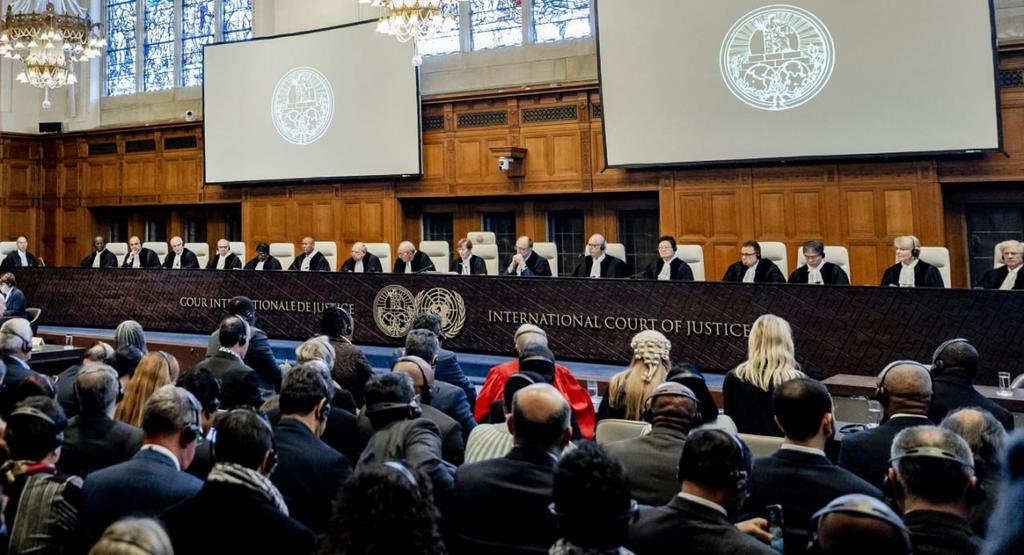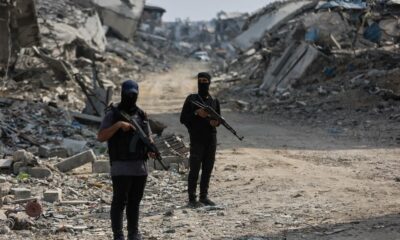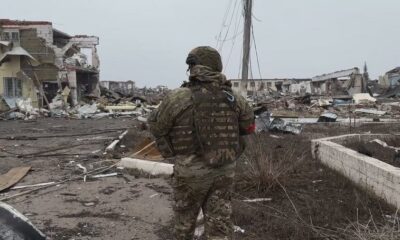News
ICJ Rules Israel Must Allow Aid into Gaza Amid Humanitarian Crisis

ICJ Orders Israel to Allow Aid into Gaza
In a decisive advisory opinion, the International Court of Justice (ICJ) has ruled that Israel must allow humanitarian aid into Gaza, declaring that restrictions over the past two years breach international obligations. The ruling, issued Wednesday from The Hague, comes as Gaza faces a dire humanitarian crisis following months of conflict.
ICJ President Yuji Iwasawa made it clear: Israel is “under an obligation to agree to and facilitate relief schemes provided by the United Nations and its entities.” The court also emphasized that Israel, as an occupying power, cannot impede aid from UN organizations, including the UN Palestinian relief agency, UNRWA, which has been largely blocked from operating in Gaza since January.
Humanitarian Obligations Under the Spotlight
The ICJ highlighted that Israel must ensure essential supplies reach Gaza’s population. These include food, water, medical supplies, fuel, shelter, and clothing. In a separate vote, the court also upheld that Israel has obligations under international human rights law to respect, protect, and fulfil the rights of the population in the Occupied Palestinian Territory, including through the activities of UN and international organizations.
“The court’s opinion underscores that humanitarian assistance cannot be used as a bargaining chip in a conflict,” Iwasawa said, reaffirming the moral and legal weight of the advisory.
Israel Rejects the Ruling
Israel quickly dismissed the advisory, calling it a “predictable political attempt to impose measures against Israel under the guise of international law.” Foreign Ministry spokesperson Oren Marmorstein reiterated on X (formerly Twitter) that Israel categorically rejects the ICJ’s findings, arguing that the advisory misrepresents the realities on the ground and unfairly targets the nation’s policies regarding UNRWA.
Despite the rejection, the ICJ maintained that the advisory holds significant moral and legal authority, even if it is not legally binding.
The Human Toll of the Conflict
The advisory comes against the backdrop of a devastating war that has left tens of thousands dead. Since October 2023, Israeli airstrikes and ground operations in Gaza have killed at least 68,234 people and wounded over 170,000. The conflict began after the October 7 attacks in Israel, which claimed 1,139 lives and left around 200 people captive.
Humanitarian groups have seized upon the ICJ’s ruling to call for immediate, unimpeded aid delivery, particularly following a fragile ceasefire earlier this month. Social media reactions have ranged from calls for urgent intervention to debates over the political implications of the advisory.
What This Means Going Forward
While Israel is unlikely to change its stance immediately, the ICJ opinion shines a global spotlight on Gaza’s humanitarian crisis. International aid organizations and governments now face renewed pressure to ensure relief reaches civilians trapped in the conflict.
The ruling also sets a precedent, reminding occupying powers that international humanitarian and human rights obligations are not optional. In the midst of staggering casualties and destruction, the ICJ’s advisory serves as both a legal and moral call to actionone that resonates far beyond the courtroom in The Hague.
{Source: The Citizen}
Follow Joburg ETC on Facebook, Twitter , TikTok and Instagram
For more News in Johannesburg, visit joburgetc.com



























